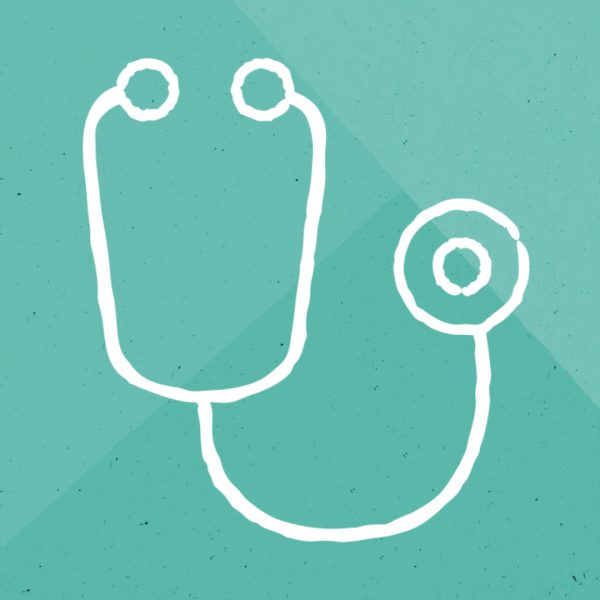According to Article 23 of the UN Convention on the Rights of the Child and the UN Convention on the Rights of Persons with Disabilities, all necessary measures must be taken to enable children and young people with disabilities to actively participate in social life. This is based on the human rights principle of inclusion, which promotes the peaceful coexistence of people regardless of their individual characteristics and traits. In fact, children and young people with disabilities continue to be excluded from many key areas of life, such as education, leisure, culture and work. The success of inclusion also depends heavily on factors such as the place of residence, educational capital and financial resources of the family. Further political measures are necessary to foster the implementation of Article 23 and the UN Convention on the Rights of Persons with Disabilities.
Article 6 (right to life), Article 24 (preventive health care), Article 27 (adequate standard of living) and Article 33 (protection against drug abuse) of the UN Convention on the Rights of the Child deal with the subject of health. Here, too, a correlation can be seen between the health of children and young people and the living conditions of their families and, especially, the economic and educational capital available. Healthy nutrition, adequate medical care and a suitable living environment are all crucial factors for health. Studies have shown that around a third of all children and young people have recurring physical complaints such as headaches, stomach aches and back pain. Many children and young people also report mental strain and stress from school, pressure to perform, or bullying.

